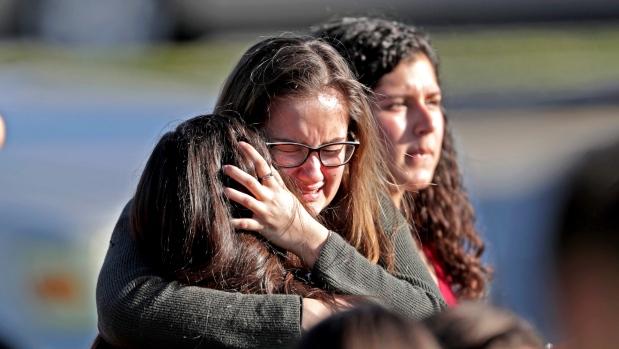By Kevin Cullen
Once testimony begins, we’ll get a good idea of some of the things accused Boston Marathon bomber Dzhokhar Tsarnaev believes in. But if his appearance Monday in federal court is any indication, we can assume he does not believe in that old defense tactic of cleaning up for the jury.
In many cases, certainly in most murder cases, the transformation that takes place between the time someone is arrested and the start of their trial is often nothing short of remarkable.
At the least, a shave and a haircut, not to mention a suit and tie, are in order. It’s all about presenting a nice, wholesome image to jurors, so they might think, even subconsciously, “Wow, how could that nice young man do something so terrible?”
Dzhokhar Tsarnaev, 21 years old and on trial for his life for doing terrible things, couldn’t be bothered with such bourgeois niceties. He swanned into the jury assembly room on the second floor of the Joe Moakley courthouse, looking like something that the cat brought in.
Bird’s nest hair, scraggily beard. Dark sweater. His cream-colored slacks suggested he does not subscribe to that old adage about not wearing white after Labor Day.
If his mother was there, she would have told him to stop playing with his beard.
Actually, having seen the excitable Mama T in action, she’d probably be yelling something about the sheer unfairness of her son having to go through this whole charade in the first place.
According to US District Judge George O’Toole, who presided over the first day of jury selection, Monday’s preliminaries were all about fairness, about finding jurors who could fairly and impartially hear the case. Two sets of potential jurors listened to O’Toole wax philosophic about the sanctity of the jury system, how serving as a juror is both a civic duty and democratic honor.
When the judge noted that such service could stretch through the next four months, I’m guessing some of those potential jurors were thinking about things other than duty and honor.
The prospective jurors were handed questionnaires and the truth is they could check one box and protect themselves against the prospect of spending the whole winter and part of the spring in Courtroom 9 at the Moakley. That check would suggest that they can’t, in good conscience, vote to impose the death penalty.
That’s the get out of jail card, so to speak, for potential jurors. Given the demographics of eastern Massachusetts, we can presume that at least half of those in the jury pool will check that box with great legitimacy. Maybe more.
Of those who say they have no problem with the death penalty, they’ve got to indicate they’re also willing to consider a sentence of life in prison if Tsarnaev is convicted.
The specter of the death penalty is the elephant in the courtroom. It’s de rigueur to talk about the presumption of innocence and the need to let the trial process play out. But it’s impossible to sit in the courthouse and not think that we’re going through the motions, that it’s not guilt or innocence that this is all about so much as punishment.
It’s also inescapable to conclude that all the anguish and misery that will be recounted in this, the winter of our legal discontent, could be averted by simply having Tsaranev plead guilty.
Tsarnaev’s lawyers have openly wished for this. During a hearing last September, David Bruck, one of Tsarnaev’s lawyers, said that if the government didn’t seek the death penalty, the case “would have been over a long time ago.”
All those reports about the defense being willing to take a plea in exchange for the government dropping the death penalty are true, with one huge caveat. The defense would be required to offer some new information that wasn’t available when US Attorney General Eric Holder authorized prosecutors in Boston to seek the death penalty last January.
Like Dzhokhar Tsarnaev’s spotty, fledgling beard, that elephant doesn’t appear to be going anywhere soon.
Source: Boston Globe









